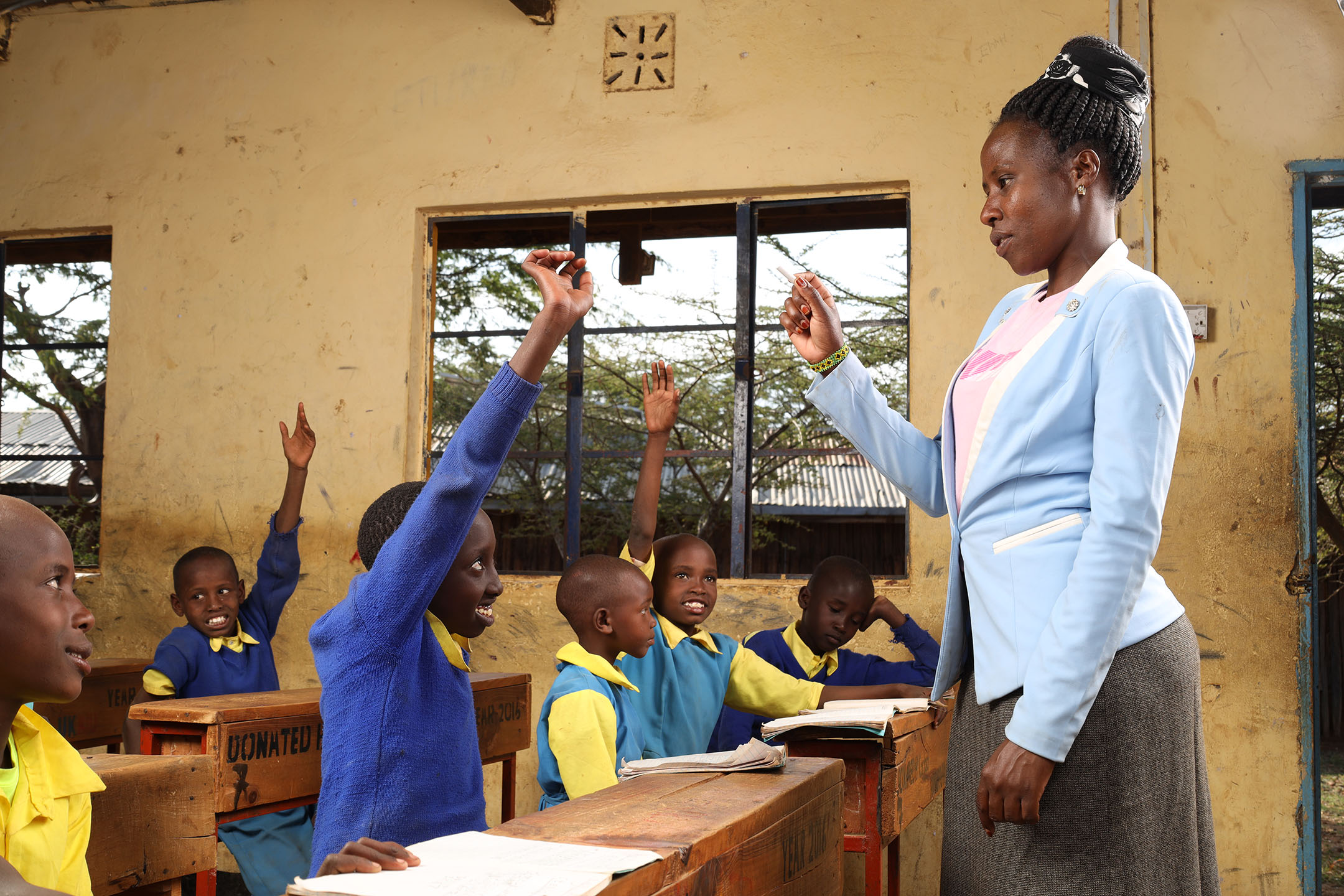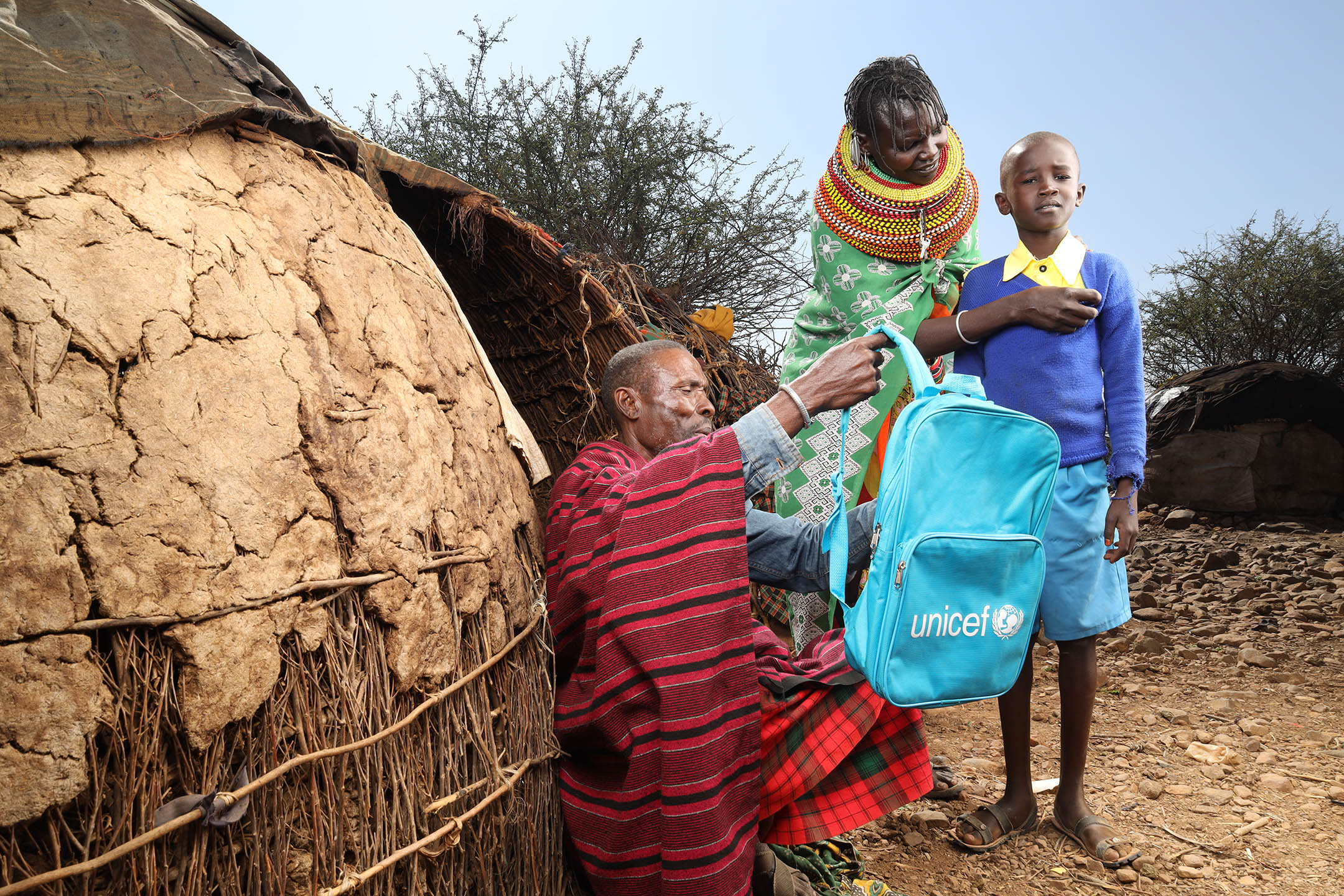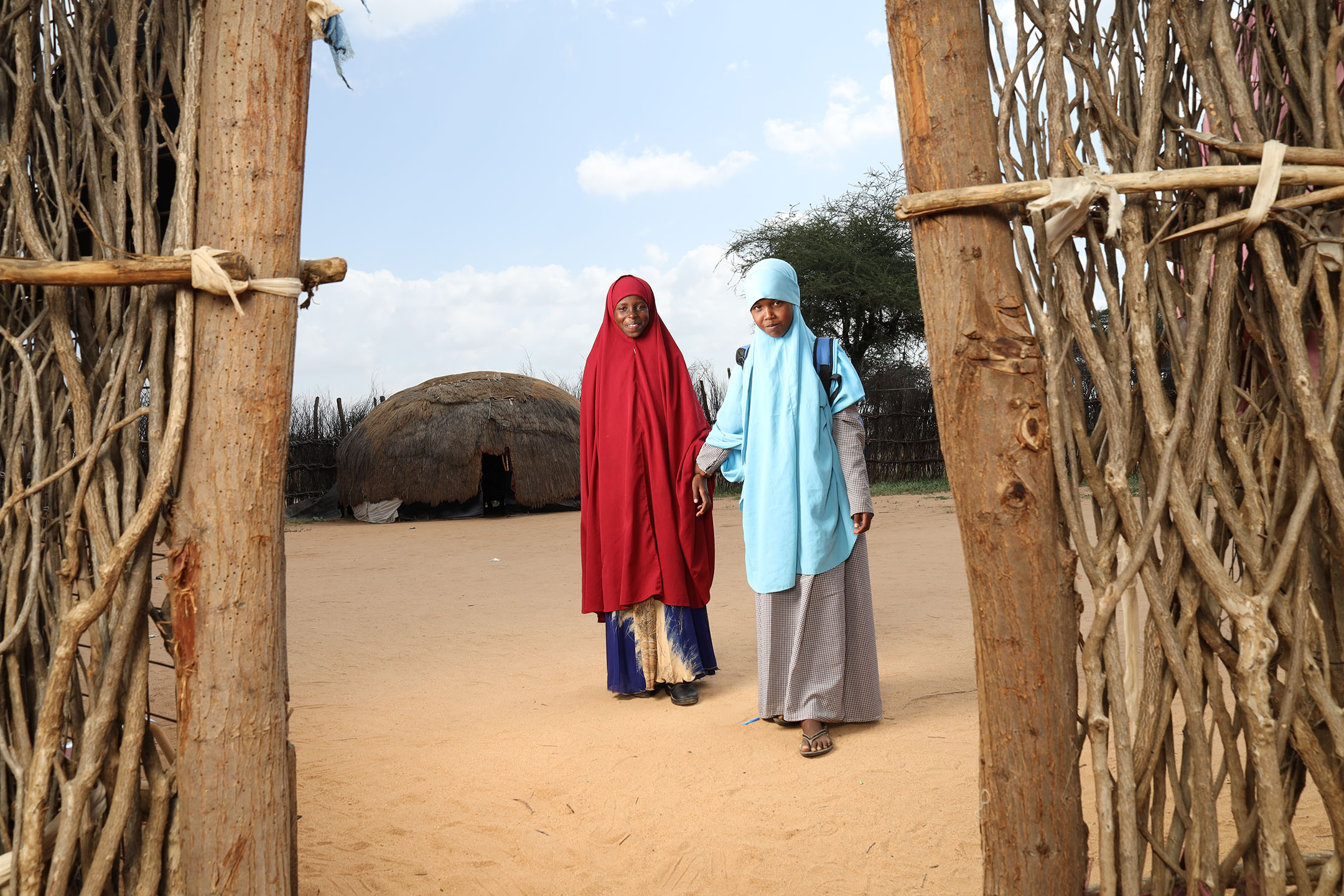County’s children, especially teenage girls, are faced with what might be called a perfect storm. Widespread grinding poverty has unleashed an army of factors that just sucks them deeper into a vicious cycle of hopelessness.
As part of efforts to alter the destinies of these young females, a number of organizations got together in a series of community dialogue and sensitisation meetings under the subject “Protection from Sexual Exploitation and Abuse.” The participating organisations included the Women Education Researchers of Kenya (WERK), Radio Jahazi, the UNICEF and Centre for Behaviour Change Communication (CBCC) Digiradio department. The Kenya government was also represented. The over-arching subject of the meetings was the plight of Out-Of-School Children (OOSC).
The meetings identified four reasons for the significantly high number of OOSC in Kilifi county: teen pregnancy, drug abuse, poverty and child labour. All these reasons are related and feed off each other but the nexus of it all is poverty.
“Particularly telegraphic of the destiny of girls in the county is the economic status of parents,”

“It begins with girls reporting to school like every other child but then getting sent home for such meagre finances as sh 100 or 200 for various school requirements. Intense poverty at home means the parents wouldn’t raise that amount. That condemns the girls to staying home. Problems start. They begin to attract the attentions of sexual predators.”
A most important document in every child’s life is the birth certificate. Many children from Kilif’s poor backgrounds don’t have it. A direct outcome of poverty is that travelling from wherever they live to the county headquarters in Malindi town where the documents are processed is too expensive. So they run into the irony of being unable to get government support.
“In Magarini sub-county, the WERK sensitisation meeting found that, though the government availed public school capitation, the only learners to benefit from it were the registered ones,” says Miss Ochonjo. “To be registered, the children needed birth certificates. A majority of them didn’t have it. In Mwanza Primary School with a pupil population of 200, only less than ten have birth certificates and are therefore registered. The majority are not. When the government sends teachers, they send only enough to cover the registered ones. The school is therefore grossly understaffed.”
Some desperate young girls take matters into their own hands and try to get the document through heir own effort – and run straight into the waiting jaws of sexual predators. “The trouble associated with getting the document has opened doors to corruption, with officials and middlemen emerging to ‘help’ at a fee but for the most part just conning the citizens. Among them are unscrupulous child abusers who don’t care that they’re dealing with minors.”
In Mwanza, the head of Nyumba Kumi reveals that girls are being defiled when they go to looking for their birth certificate. They are out of school, are desperate and young, therefore vulnerable to exploiters. Some of their abusers are actually people in authority. Attempts to find justice for the minors often fail in a cycle that runs right back to poverty: the perpetrators offer money to the girl’s parents in a mock apology. Ochonjo explains: “His family would usually say something like, ‘Forgive our son. Please take this money as a token of his apology. Additionally, our son will marry your daughter.’
The most important part of all these discussions was the pursuit of possible solutions. The forums urged parents to act in groups of about 20 people and get one government officer to work with. He would receive all the applications and pursue the documents at the government registry. Another suggestion is to empower parents with information and let them know that every child has a right to education, a right they must insist on being respected by government officials. Finally, in dealing with the sexual exploitation and abuse of minors, it was suggested that Nyumba Kumi be sensitised and held accountable for whatever happened to a child under their jurisdiction.



